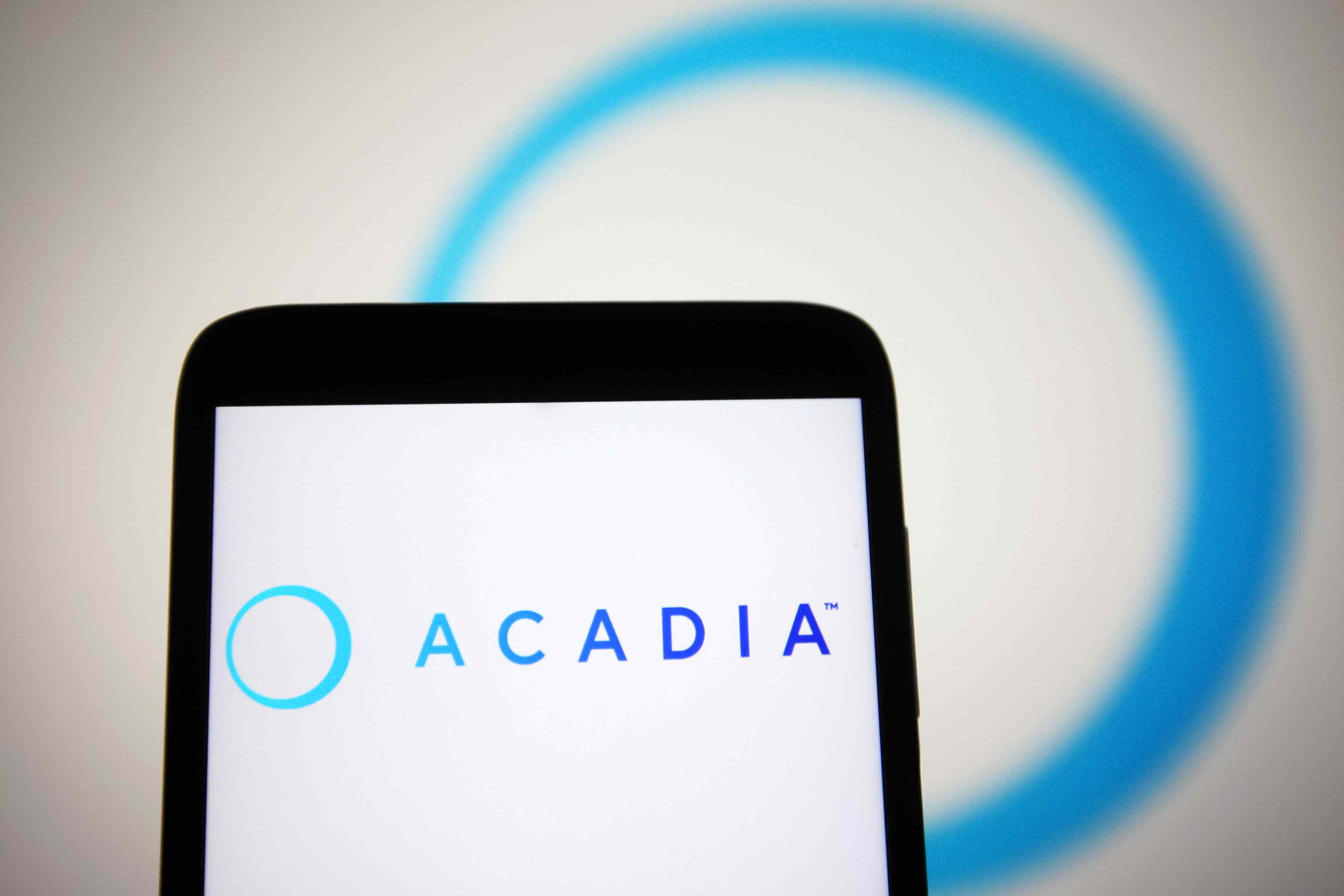
Key Takeaways
- Acadia Pharmaceuticals’ drug missed endpoints for treating schizophrenia patients, news that sent Acadia shares sharply lower.
- The drug maker was looking at the potential use of its current Parkinson’s psychosis medicine, Nuplazid.
- Acadia said it would not hold any more clinical trials for Nuplazid.
- Shares in Acadia were down more than 16% in late-afternoon trading.
Shares of Acadia Pharmaceuticals ( ACAD ) plunged more than 16% Tuesday after one of its current drugs failed to meet its goal for expanded use in a Phase 3 trial.
The drug maker was testing pimavanserin, its approved medicine for Parkison’s disease psychosis under the brand name Nuplazid, as a treatment for schizophrenia. The study determined that Nuplazid “did not demonstrate a statistically significant improvement over placebo on the study’s primary endpoint.”
Acadia had conducted a 26-week, double-blind study of 454 adult patients with predominant negative symptoms of schizophrenia who had achieved control of positive symptoms with their ongoing antipsychotic treatment. In the test, the change of negative symptoms from the baseline on those patients was similar to what was observed in an earlier trial, but the placebo effect was even higher than before.
CEO Steve Davis said the company was “disappointed” in the outcome, and while it will continue to analyze the data with its scientific advisors, it does “not intend to conduct any further clinical trials with pimavanserin.”
Acadia Pharmaceuticals shares were down 16.3% to $20.20 at about 3:00 p.m. ET, trading at their lowest levels in almost a year. They’ve lost about a third of their value so far in 2024.

